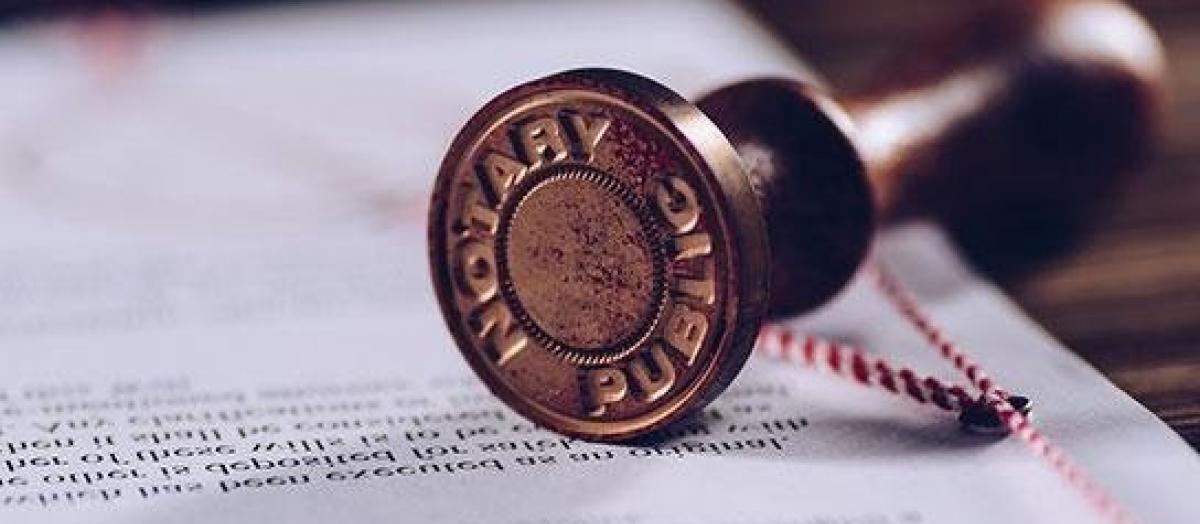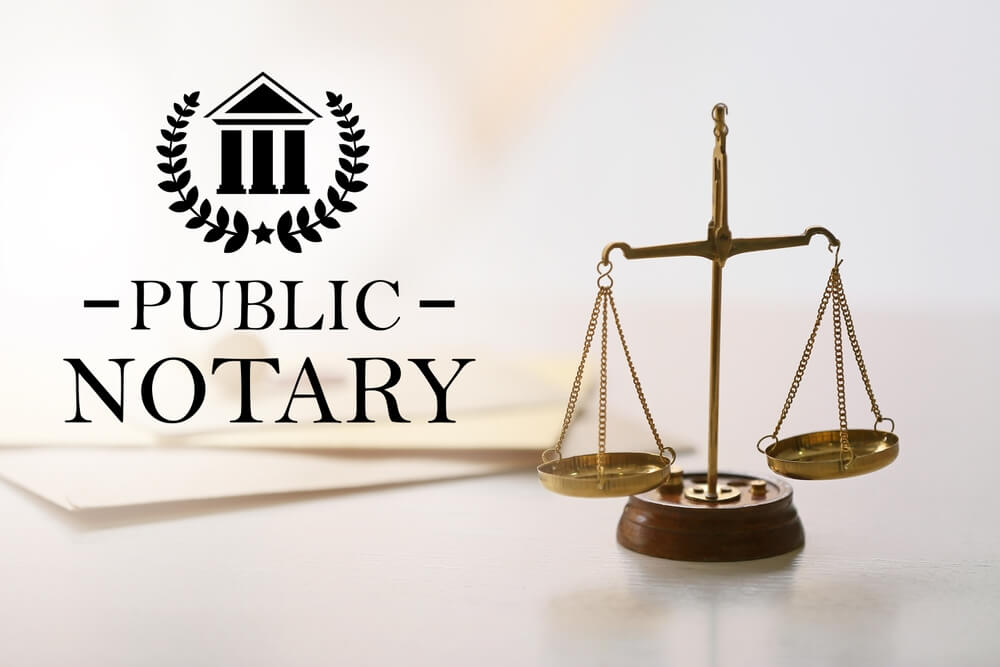Demystifying Notarial Job: Streamlining the Role and Relevance of Notaries
Their duty, typically shrouded in enigma for numerous, carries significant weight in making certain the validity and integrity of crucial files. By untangling the complexities shedding and surrounding notarial methods light on the relevance of their acts, a more clear understanding arises of the crucial function notaries play in supporting the textile of lawful and legal contracts.
The Background of Notarial Work
The background of notarial job dates back to old people, where scribes played a crucial duty in tape-recording crucial info and authenticating papers. This led to the advancement of notaries, individuals assigned by the state to act as impartial witnesses in legal issues.
During the Center Ages, notaries obtained prominence in Europe, with their functions expanding to include drafting legal files, accrediting trademarks, and protecting documents. The surge of worldwide trade additionally stressed the significance of notarial operate in confirming agreements and agreements throughout boundaries.
In the modern-day period, notaries remain to play an important role in legal and business deals by verifying identifications, validating the authenticity of papers, and protecting against fraud. Their function in accrediting the legitimacy of agreements includes a layer of safety and security and trust fund to the ever-evolving landscape of business and regulation.

Responsibilities and Responsibilities of Notaries
Notaries play an important duty in verifying the authenticity of files and the identification of signatories. One of their primary responsibilities is to witness the finalizing of vital papers, such as agreements, deeds, and wills, to make certain that all celebrations are entering into arrangements knowingly and willingly.
They license copies of initial papers, giving guarantee to establishments that the copies are true reproductions of the originals. Overall, the responsibilities and obligations of notaries are important in guarding the stability and legality of various papers and transactions - Apostille.
Notarial Certificates and Signatures
Exemplifying thorough interest to detail, notarial certificates and trademarks act as crucial components in validating the authenticity of legal files. Notarial certificates generally have critical details such as the date of notarization, the names of the notaries, a description of the file, and the notary's official seal. These certificates offer a clear document of the notarial act, making certain that the file can be conveniently identified and mapped back to the notary who supervised the procedure.
Signatures play a pivotal role in notarial work, as they represent the contract and authorization of the celebrations involved. Notaries carefully witness the signing of papers to confirm the identification of the signatures and validate that they are signing of their own complimentary will. By affixing their official seal and trademark to the paper, notaries certify that the needed treatments have actually been adhered to and that the document is enforceable and legitimate.
Fundamentally, notarial certificates and signatures are the hallmark of authenticity in legal transactions, offering guarantee to all celebrations involved that the papers additional reading are genuine and binding.
Value of Notarial Acts

Notarization Process Explained
The registration process normally starts with the specific providing the paper to a notary public. Once the identity is verified, the notary makes sure that the private signing the document does so willingly and without any type of coercion.

Final Thought

Notarial certificates typically have critical details such as the date of registration, the names of the notaries, a summary of the paper, and the notary's main seal. These certificates provide a clear record of the notarial act, making sure that the paper can be conveniently determined and mapped back to the notary who oversaw the process.
By affixing their official seal and signature to the paper, notaries accredit that the needed treatments have actually been complied with and that the file is legitimate and enforceable.
By validating the identity of the notaries, validating their readiness to enter into the agreement, and certifying the day and place of the signing, notaries play a vital duty in maintaining the credibility of lawful records.After the record is authorized, the notary will browse this site certainly affix their main seal or stamp onto the record.
Comments on “Qualified Notary Solutions: Making Certain Lawful Authenticity and Security”